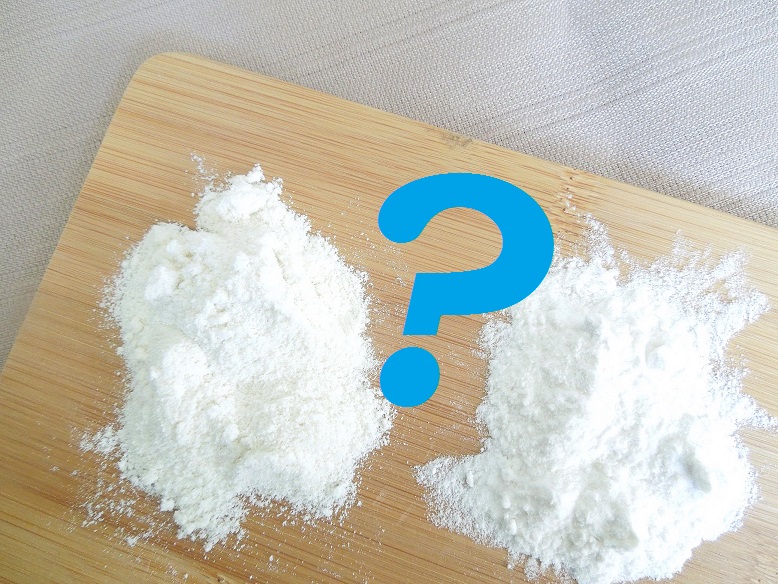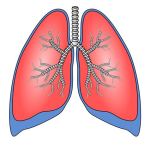Glutathione Deficiency
Glutathione deficiency occurs when your body is unable to produce enough glutathione to cover all the functions which this master antioxidant performs.
Decreased glutathione levels are usually the result of a lifestyle that is characterized by the many factors that deplete glutathione.
Glutathione deficiency leads to:
- increased oxidative stress
- greatly reduced ability to detoxify
- accumulation of toxins and heavy metals
- inability to repair DNA
- cell mutations
- weakened cell membranes
- reduced supply of oxygen and nutrients to the cells
- eventual cell death
These processes directly affect the state of the immune system and often become the main cause of the onset of the disease, or its progression, severity, and response (or, rather, the lack of it) to treatments.
Low glutathione also means that the prescribed treatments, instead of helping, may actually aggravate the condition since drugs cause further decline in glutathione levels. For example, it has been documented scientifically that glutathione levels can predict how long HIV patients are able to survive, or how well and with what side effects cancer patients can tolerate chemotherapy and radiation.
Research has shown that almost all chronic conditions are characterized by glutathione deficiency: HIV/AIDS, Alzheimer’s, asthma, all cancers, cataracts, macular degeneration, glaucoma (open angle only), chronic fatigue syndrome, diabetes, autoimmune disorders, all diseases of liver, kidneys, lungs, heart, and digestive system, fibromyalgia, flu and colds, peripheral neuropathy, hepatitis, multiple sclerosis, Parkinson’s, skin disorders, seizures, tumors, autism spectrum disorders and more, as well as non-chronic conditions, such as burns, physical trauma and any type of surgery.
Only people with serious chronic conditions and those undergoing harsh treatments are severely deficient in glutathione. They respond quickly and positively to even minimal increases in glutathione levels.
In Ray’s case of peripheral neuropathy, decades of Standard American Diet (SAD), high levels of prolonged stress and possible exposure to toxins during his professional career as a field engineer caused glutathione deficiency that led to the onset and rapid progression of the disease. When he started his glutathione boosting regimen he saw a considerable improvement within several days and an 80-90% reduction in pain levels and pain area after 4-6 weeks of his regimen (described at the bottom of the Peripheral Neuropathy page).
People who consider themselves to be in good health may not necessarily be glutathione deficient but may still have declining glutathione levels. The main reason for that is age first of all, because glutathione production in cells declines naturally at an average rate of 10% per decade after age 20. Secondly, on a daily basis we all are exposed to environmental pollution, exhaust fumes, smoke, viruses and do not always eat nutritious homemade meals with recommended 7-9 servings of organic vegetables and fruit a day.
Such a lifestyle eventually leads to a certain degree of glutathione deficiency.
The symptoms may include:
- headaches
- dizziness
- weakness/lack of energy
- brain “fog”
- joint pain
- rashes
- dry skin
- sleep disorders
- depression
- frequent colds
- onset of a more serious health condition
Healthy people may not notice instantaneous results when boosting glutathione levels. However, they will notice improvement in energy levels, mind clarity, improved sleep and mood, and will see fewer colds. Those who do power workouts several times a week will see faster recovery times, reduced muscle soreness and improved athletic performance (The Effect Of Supplementation With A Cysteine Donor On Muscular Performance. Lands LC, J Appl Physiol.Oct;87(4) :1381-5 (1999).
Glutathione deficiency can be brought on by gene mutations or missing genes GSTT1, GSTM1, GSTM2, GSTP1, MTHFR C677T homozygous and others. These genes regulate the production and activity of glutathione enzymes and affect metabolism of cysteine, folate and B vitamins – these enzymes and glutathione cofactors regulate how much glutathione the body is able to produce.
If glutathione deficiency is so detrimental to our health and longevity how do we raise and maintain optimal levels of this crucial master antioxidant? There are at least 19 options of how to raise glutathione that I was able to find and research. Only a few of them have had trials proving scientifically that they raise glutathione in humans.
I discuss pros and cons of each one of these options on the page How To Raise Glutathione.
Further reading:
Cysteine – the limiting factor in glutathione production
Undenatured whey proteins in raising glutathione
Natural Immune System Boosters
Ways to Boost Your Immune System
Return to Top of Glutathione Deficiency
Return to Glutathione
Return to What Depletes Glutathione
Return to How To Raise Glutathione
Return to Home




